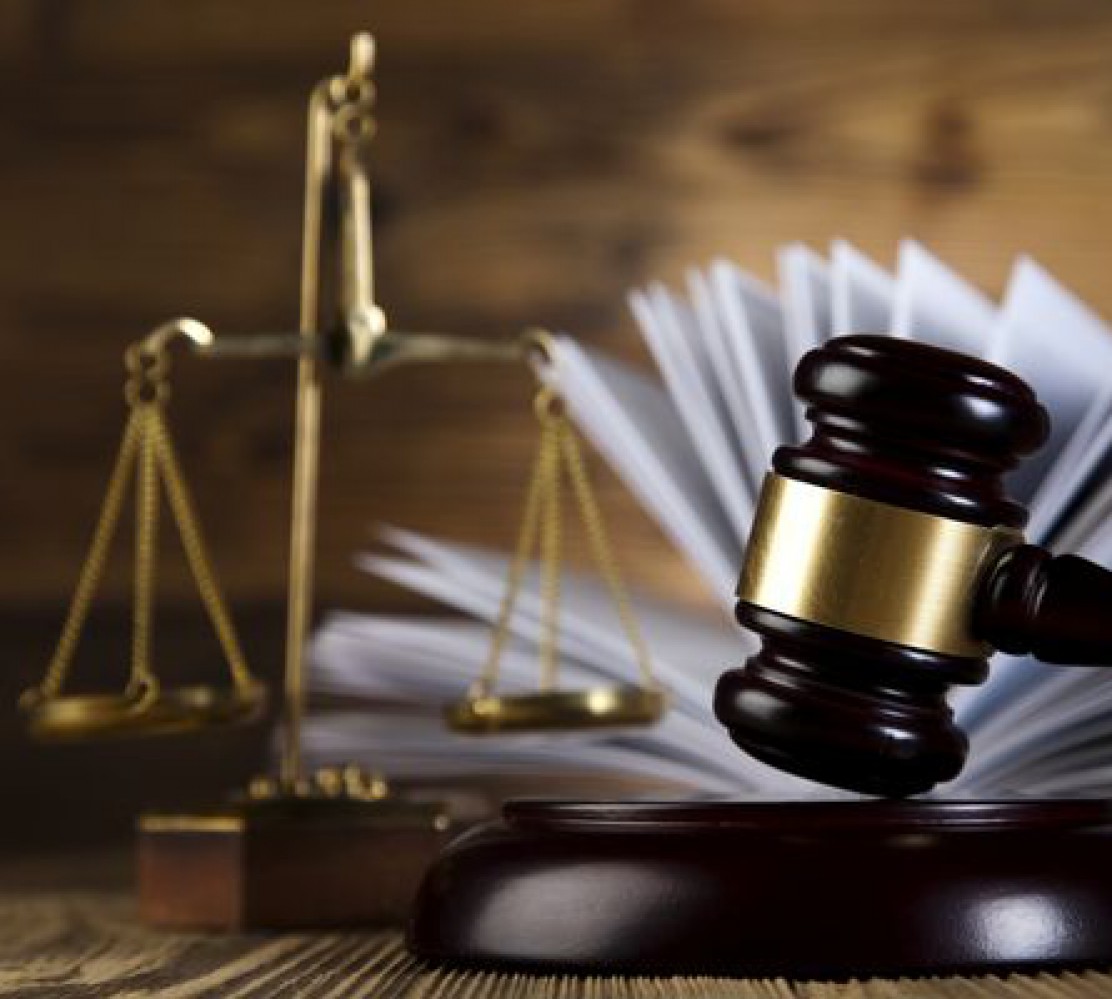Source : WSJ Blogs
By : Jacob Gershman
Category : Bail Bondsman in Sanford, Bondsman in Seminole County
A Texas grand jury’s decision this week to clear Planned Parenthood of any wrongdoing in the fetal tissue controversy and instead indict two anti-abortion activists took legal watchers — and just about everybody else — by surprise. The founder of the Center for Medical Progress, the group behind the undercover sting videos that got the case started, and another activist with the organization face felony charges of tampering with a governmental record. What to make of the development? Here’s a sampling of some of the most interesting legal analysis from around the web. The twist in the case is “a stark reminder that the criminal law is a dangerous animal,” writes Harvard constitutional scholar and Bloomberg View columnist Noah Feldman. “Once it’s set free, there’s no telling who will be its target,” he says. “[CMP founder David] Daleiden’s amateur activism may or may not have crossed ethical lines. But if he crossed legal lines, he can legitimately be prosecuted.”
Mr. Feldman also notes the maximum penalty attached to the felony charge which is punishable by up to 20 years in prison. “It’s an unfortunate fact of modern criminal law that maximum sentences are set outrageously high. In theory this allows judges to implement extreme punishment for an extreme case,” writes Mr. Feldman. “In practice, it gives leverage to prosecutors to extract a plea bargain from defendants.” Writing at Volokh Conspiracy, UCLA law professor Eugene Volokh explores the First Amendment dimensions, discussing whether having a journalistic purpose could exempt someone from criminal prosecution. “Generally speaking, journalists have to follow the law in investigating their stories,” writes Mr. Volokh. “If the law bans using false documents or offering to buy fetal tissue or recording conversations without all parties’ consent, journalists are bound by that no less than anyone else.” He goes on to explore some of the very limited statutory exemptions.
The Center for Medical Progress says its activists use “the same undercover techniques that investigative journalists have used for decades in exercising our First Amendment rights to freedom of speech and of the press.” Mr. Volokh also notes that the accused activists “might well have defenses unrelated to their journalistic purposes.” Some conservative pundits have questioned the possible motives of Harris County district attorney Devon Anderson, the prosecutor handling the case. As the Associated Press reports, it’s not the first time the Republican elected official has come under fire from pro-life groups. Houston criminal defense lawyer Murray Newman, writing at Mimesis Law, comes to her defense, saying Ms. Anderson made the right call despite the potential political consequences.
“The Harris County District Attorney’s Office, under Republican D.A. Devon Anderson, showed that law matters more than party politics,” he writes. But to what end? asks Kevin Drum at Mother Jones:
Let’s again presume, for the sake of argument, that [David Daleiden] is technically guilty—although he maintains that he violated no laws. That doesn’t make the prosecution just. The law prohibiting the solicitation of human organs for purchase was clearly intended to prevent a black market in such things, not to punish people who are so against the sale of human organs that they falsely represent themselves as buyers in hopes of discovering and shutting down illegal activity.
“As I stated at the outset of this investigation, we must go where the evidence leads us,” Ms. Anderson said in her announcement of the indictment.
Read more : blogs.wsj.com/law/2016/01/27/legal-experts-weigh-in-on-planned-parenthood-case/










